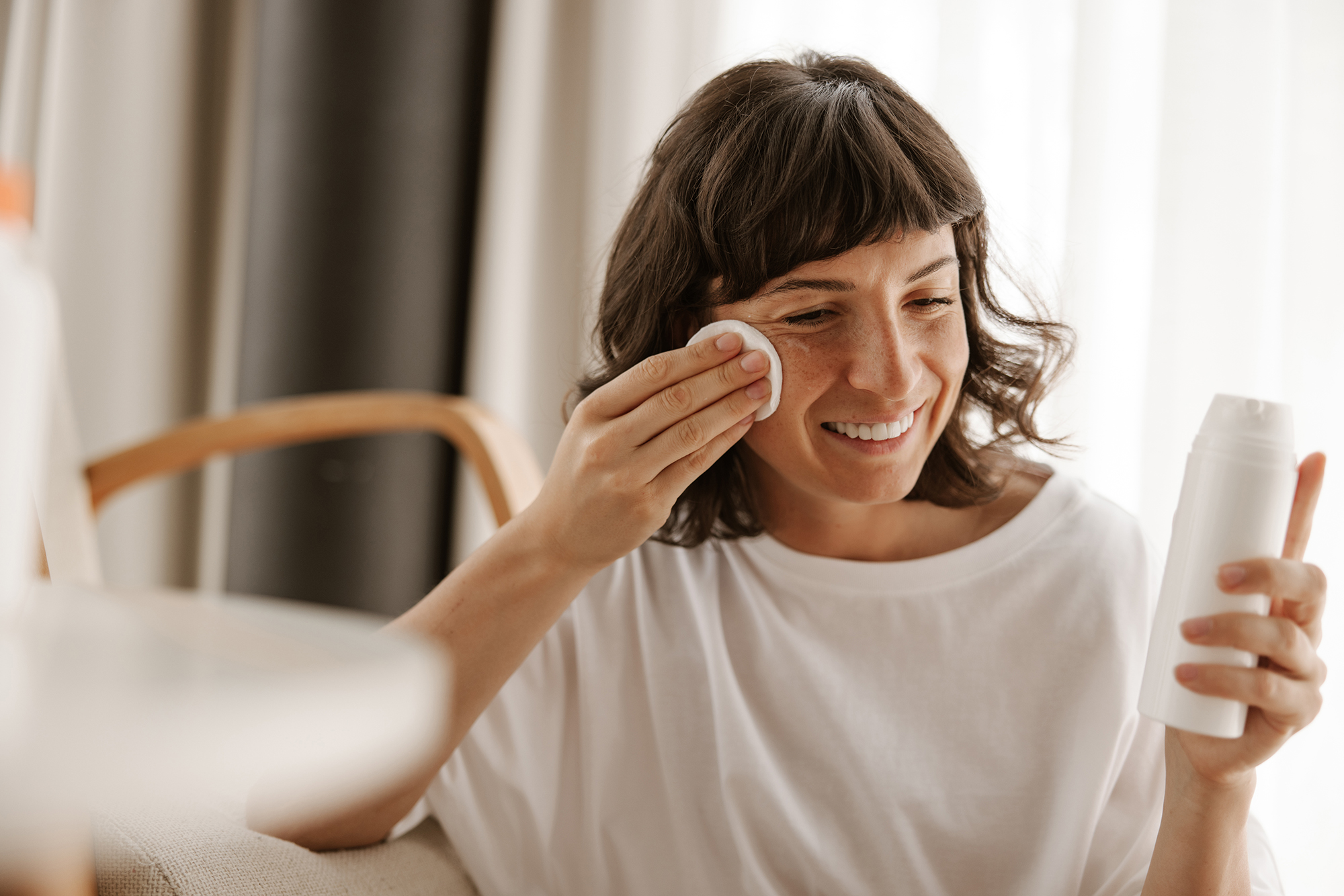Not just UV rays: Dermatologist names key factors in skin aging
 Photo: What factors influence skin aging (freepik.com)
Photo: What factors influence skin aging (freepik.com)
The aging of the skin is influenced not only by sunlight. There is a whole list of factors that you may not even be aware of.
Ukrainian dermatologist Olha Tarnavska talks about the main causes of skin losing its youthfulness and provides valuable advice.
What skin aging means
According to the expert, skin aging is a complex biological process associated with a decrease in the active and reserve capabilities of the body.
Among the main factors, she cites heredity and the internal state of a person. In the first case, the aging of the epidermis occurs gradually, without sharp changes visible to the naked eye.
"Premature aging of the facial skin, which begins in youth, is related to pathogenic factors: it is associated with stress, injuries, diseases of internal organs, and sharp metabolic disturbances," adds Olha.

Heredity can influence skin aging (Photo: freepik.com)
Tarnavska noted that science recognizes about 300 theories concerning the mysteries of biological aging, three of which deserve serious attention.
Hartmann's hypothesis
According to this theory, it becomes clear that the main factor in aging is the damage to cells by free radicals. Antioxidants, which enter the body through food and dietary supplements, can protect against them.
Maynard's autoimmune theory of aging (glycation)
The glycation syndrome, associated with excessive sugar consumption, is referred to by cosmetologists as "sugar face" and "glyco-aging." When sugar molecules enter the body, they bind to proteins, causing them to form cross-links. The end products of glycation, known to doctors as AGEs (advanced glycation end-products), slow down metabolism, leading to rapid skin wilting.
External aging hypothesis
The explanation of this theory lies in the harmful effects of external factors. These include not only dangerous ultraviolet light, which has a detrimental effect on the epidermis. There are other reasons: poor ecology, cold climate, lack of sufficient physical activity, improper diet, and disruptions in the functioning of the endocrine and nervous systems.
Age-related skin aging is associated with a slowdown in cell proliferation. The number of cells decreases with age, affecting the quality of the epidermis, while the upper layer of the skin becomes thinner.
This material is for informational purposes only and should not be used for medical diagnosis or self-treatment. Our goal is to provide readers with accurate information about symptoms, causes, and methods of detecting diseases. RBС-Ukraine is not responsible for any diagnoses that readers may make based on materials from the resource. We do not recommend self-treatment and advise consulting a doctor in case of any health concerns.

